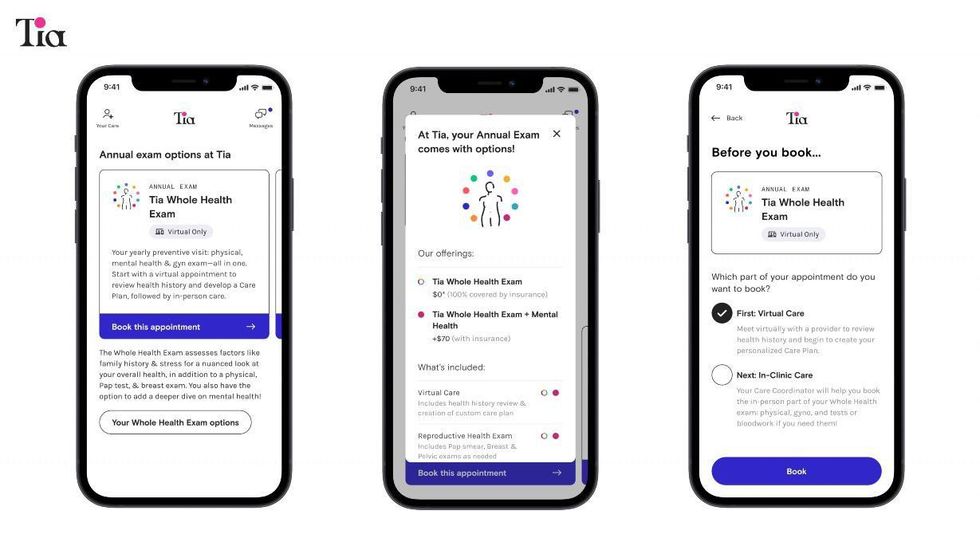Beatrice Dixon is the founder of The Honey Pot Company, a plant-based feminine hygiene line created to provide women with healthy alternatives to feminine care.
The Honey Pot Company began with a dream — literally. In 2014, Dixon was struggling with an ongoing case of bacterial vaginosis. She visited her doctor and tried everything they recommended, but nothing worked.
Early one morning she was visited by her grandmother in a dream. She gave Dixon a list of ingredients and told her what to do.
When Dixon woke up, she immediately went to Whole Foods, where she was working at the time, and got the ingredients. Within a few days, the infection was gone. It was at this stage Dixon started working on Honey Pot and giving away the product to friends and seeing their results.
"There has never been a moment — not one time — to this day that I have ever questioned if this was a business if this was viable," Dixon says. "So when I was giving it away, I was giving it away because I needed to make sure that it worked. Because I had the intention of making it work."
Dixon says her "hack" for getting into retail comes down to creating prototypes that big retailers will appreciate as a token of commitment.
"When you're beginning a relationship, it's just like beginning any relationship. You got to go into that thing, intentional, and showing them from the beginning, how you run your ship. And so it's really important to show them how committed [you are] because prototypes are not cheap, and that communicates to the buyer that you came ready and that you're willing to show them where you're going," she says.
Today The Honey Pot Company sells feminine care products nationwide at Target, Walmart, Whole Foods, Walgreens and retailers across the U.S.
In this episode of the Behind Her Empire podcast, Dixon talks about starting her plant-based feminine care company, scaling the business from her kitchen to mass production, advice she has about getting your product into retail outlets, candid thoughts around fundraising and more.
Want to hear more of the Behind Her Empire podcast? Subscribe on Stitcher, Apple Podcasts, Spotify, iHeart Radio or wherever you get your podcasts.
dot.LA Audience Engagement Editor Luis Gomez contributed to this post.
- How Tatcha Founder Vicky Tsai Quit Her Job, Built an Empire - dot.LA ›
- Anjula Acharia Visualized Her Path to Success - dot.LA ›
- Cayli Cavaco Reck on How She Founded Knockout Beauty - dot.LA ›
- Winky Lux Founder Natalie Mackey On Women Entrepreneurs - dot.LA ›
- Founder Samia Gore Shares Body Complete Rx Origin Story - dot.LA ›


